Now that you’ve delivered your baby (congratulations, Mom!), you’re probably wondering how to get back to feeling like your pre-pregnancy self. Your body has gone through a beautiful, and challenging, process, so first, take a few moments to honor that. Before setting an intention to tone up or lose a few pounds, it’s important to understand that this takes time and requires concentrating on both a healthy diet and moderate physical activity in your daily routine. We know you’re eager to say goodbye to maternity clothes and slip into your old jeans, and you will get there! The importance of nourishing your body does not diminish once your baby is here. After all, your body needs to heal!
The best way to make sure you, and your baby, are and remain healthy is to incorporate fruits, veggies, whole grains, and lean proteins into your daily eating routines. Being a new mom is challenging; from sleepless nights to feeding your baby every two to three hours, exhaustion is unfortunately something that is hard to beat. Eating foods that are energy dense, but also high in vitamins and minerals, will give you all the energy you need to encourage recovery, increase milk production, and support rest, leaving you feeling like the best mom you can be. The key here is to give yourself grace, be patient, and eat well-rounded meals so you can care for yourself, and your little one.
During the postpartum period, choose a wide variety of foods from all food groups. These include:
- Protein
- Fruit
- Vegetables
- Fiber-filled carbohydrates
- Healthy fats
Your body needs nutrients now more than ever. Breastfeeding moms, in particular, require even more nutrients–it’s almost like you’re still “eating for two”. When you aren’t getting enough nutrients from your diet, your body will pull them from your own stores. This means you’ll likely be more tired, irritable, and experience some unwelcome mood swings. Instead, by incorporating different foods from these five groups every day, your body will get what it needs, and so will your baby. It’s a postpartum win-win.
New research has shown that nutrient depletion during pregnancy and postpartum can affect the production of key neurotransmitters, like serotonin, our body’s feel-good hormone. This has a direct effect on an increased likelihood of postpartum depression. But, rest assured; a healthy, well-rounded diet will provide all of the nutrients you need in order to feel your best post-birth.
Anti-inflammatory, nutrient-rich foods help to inhibit the release of pro-inflammatory cytokines, which regulate your body’s inflammatory response. Since healing the body, rebuilding tissues, and protecting mental health, and producing nutrient-rich breast milk are the major objectives of postpartum recovery, anti-inflammatory foods should be the key components of your diet. Read on to learn more about the essential micro and macronutrients for peak postpartum health.
Vitamin A: Vitamin A protects vision, supports a healthy immune system, and promotes healthy growth and recovery. Carrots, sweet potato, kale, and spinach are great whole food sources which also have antioxidant properties, meaning they help in decreasing inflammation.
Vitamin B: B vitamins have a direct impact on energy levels, brain function, and maintaining good cell health. Foods such as macadamia nuts, almonds, pistachios, beans, lentils, turkey breast, eggs, avocado, and yogurt are full of this beneficial vitamin,
Vitamin C: This vitamin is essential for proper immune system function as well as wound healing, the formation of collagen, and the absorption of iron. Vitamin C can be found in kiwi, oranges, strawberries, pineapple, bell peppers, broccoli, and Brussels sprouts.
Vitamin D: Vitamin D improves our body’s resistance to disease, stimulates the development of bones and teeth, as well as boosting mood. It’s best found in nature: the sun! Spending 15 minutes a day outside gives you all the Vitamin D you need for the day. If you live in a colder or more rainy climate, take a pharmaceutical-grade supplement between 1,000 to 2,000 IU per day.
Iron: Iron helps the body produce hemoglobin, which stores and carries oxygen to red blood cells, which then deliver it around the body. Iron also has a direct effect on mood and promotes proper brain development of your baby. Iron is found in dark, leafy greens like kale, collard greens, and spinach; lentils, black beans, and dark chocolate. Combining iron with vitamin C enhances its uptake in the body,
Folate: Folate is necessary for producing both red and white blood cells, producing DNA (the building blocks of the body), and for transforming carbohydrates into energy. Spinach, leafy greens, broccoli, and avocado are folate-full foods.
Protein: Protein is essential for postpartum recovery and for the growth and repair of your cells. Aim for at least 21 grams of protein, which will help your body rebuild and recover optimally. Good protein sources include lean meats (including chicken and turkey), fish, eggs, beans, legumes, nuts, and seeds.
Carbohydrates: Carbohydrates help give the body energy and support the growth and development of a baby during breastfeeding. Aim to include whole grains, like brown rice, quinoa, whole wheat bread, oatmeal, and potatoes with one or two meals each day.
Healthy Fats: Healthy fats are essential for the maintenance of Omega-3s in the body. Omega-3s regulate overall health and mood, two components that are essential during this time. These can include nuts and seeds, avocado, olive oil, and fatty fish such as salmon.
Probiotics: Probiotics are necessary for maintaining a healthy gut, which helps decrease overall inflammation and improves digestion. Greek yogurt, kefir, kimchi, kombucha, and sauerkraut are full of these gut-friendly bacteria, helping you to quell constipation and beat bloat.
Water: Perhaps the easiest way to ensure overall health, water’s benefits are countless. Aim for two to three liters per day to quench thirst and produce enough breast milk. Pro tip: add in fresh fruits or mint leaves to naturally flavor your water and feel like you’re sipping on a fancy drink.
While this may seem overwhelming (after all, you do have a baby to take care of, too!), postpartum recovery can be easily conquered by eating an array of fruits and vegetables, sticking to whole grains, and consuming protein, even in the form of protein shakes or supplements. It’s not necessary to eat all of these foods every week to maintain optimal health–variety is key! Don’t stress out about a perfect diet. Follow your hunger cues and aim for nutrient-dense foods at most meals. With a good diet, and some much deserved R&R, you're on your way to feeling like the best new mom you can be.
References:
“Dietitian's Guide to Postpartum Nutrition.” Lively Table, 26 Mar. 2021, https://livelytable.com/postpartum-nutrition/.
Kendall-Tackett, Kathleen. “A New Paradigm for Depression in New Mothers: The Central Role of Inflammation and How Breastfeeding and Anti-Inflammatory Treatments Protect Maternal Mental Health.” International Breastfeeding Journal, BioMed Central, 30 Mar. 2007, https://www.ncbi.nlm.nih.gov/pmc/articles/PMC1855049/.
Nourishmedicine. “Your Complete Guide to Postpartum Nutrition: Healing Foods & More.” Mindbodygreen, Mindbodygreen, 25 June 2021, https://www.mindbodygreen.com/articles/postpartum-nutrition-guide/.

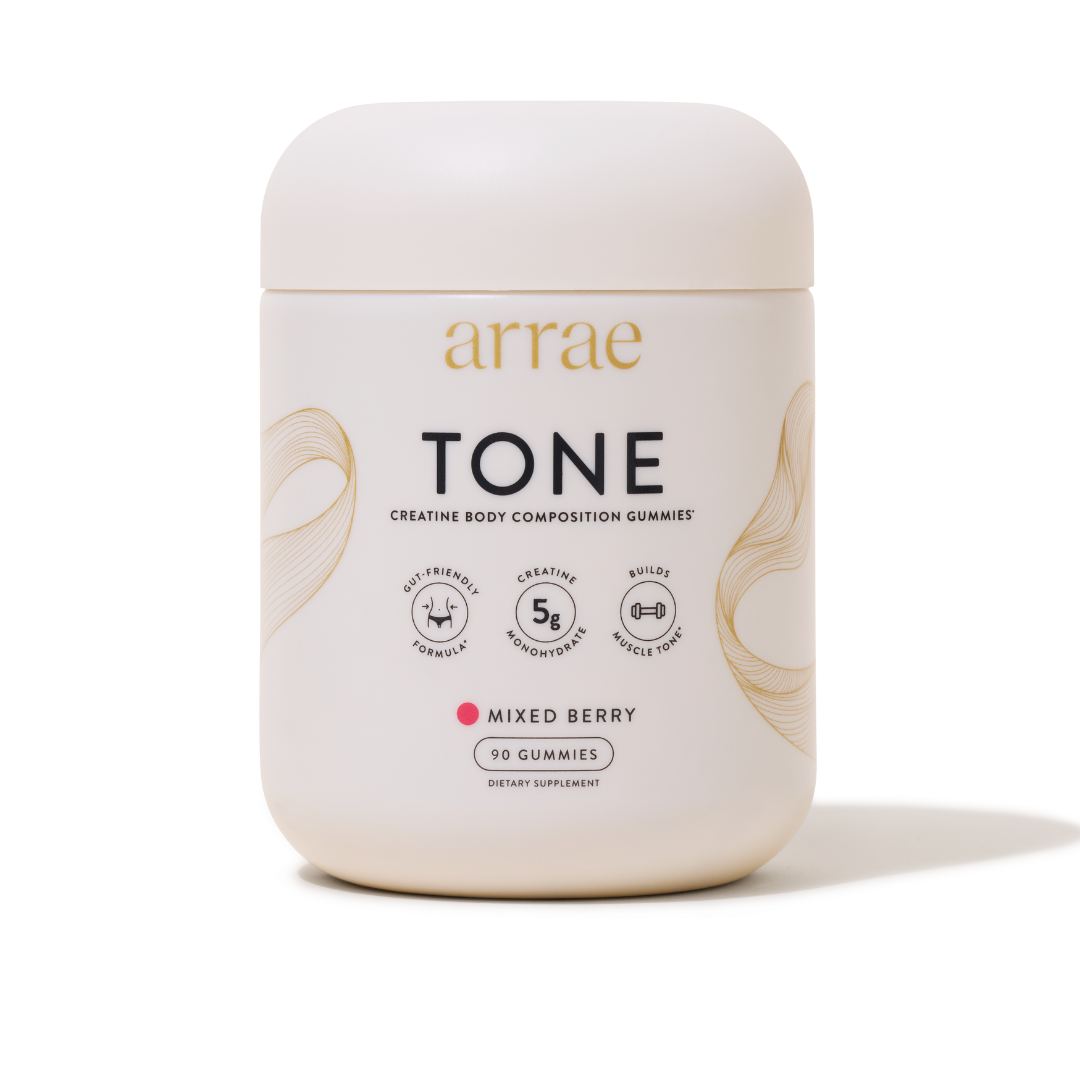
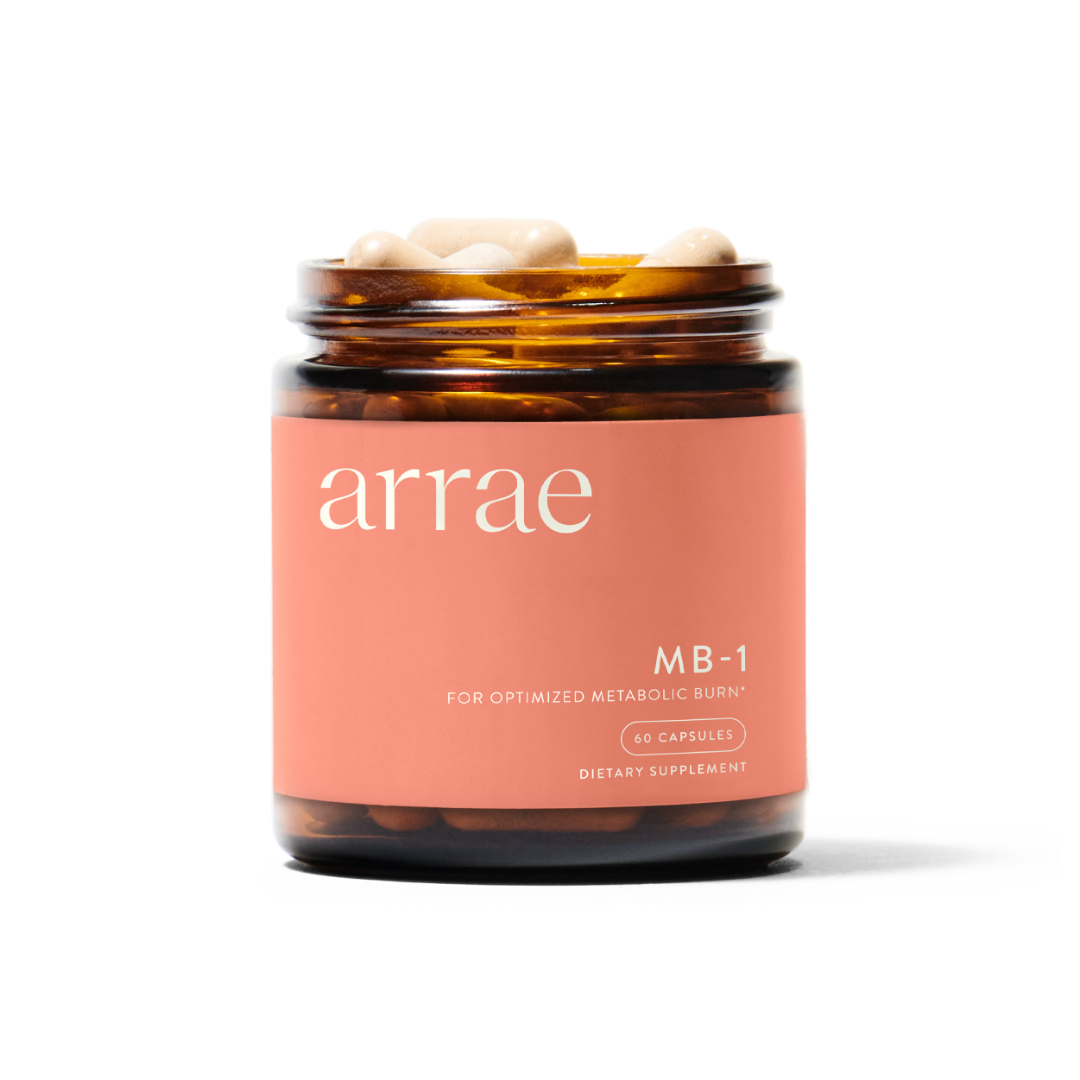
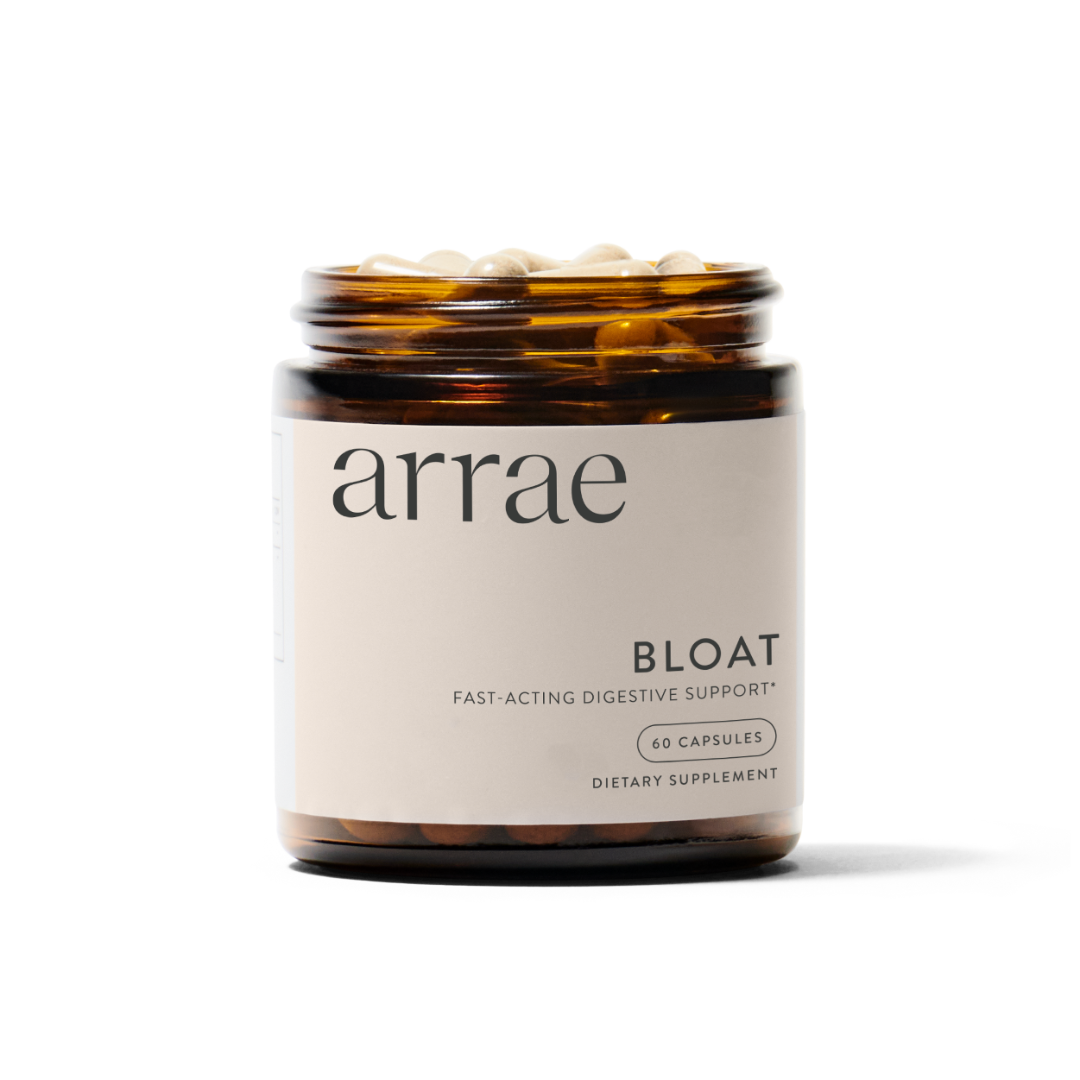
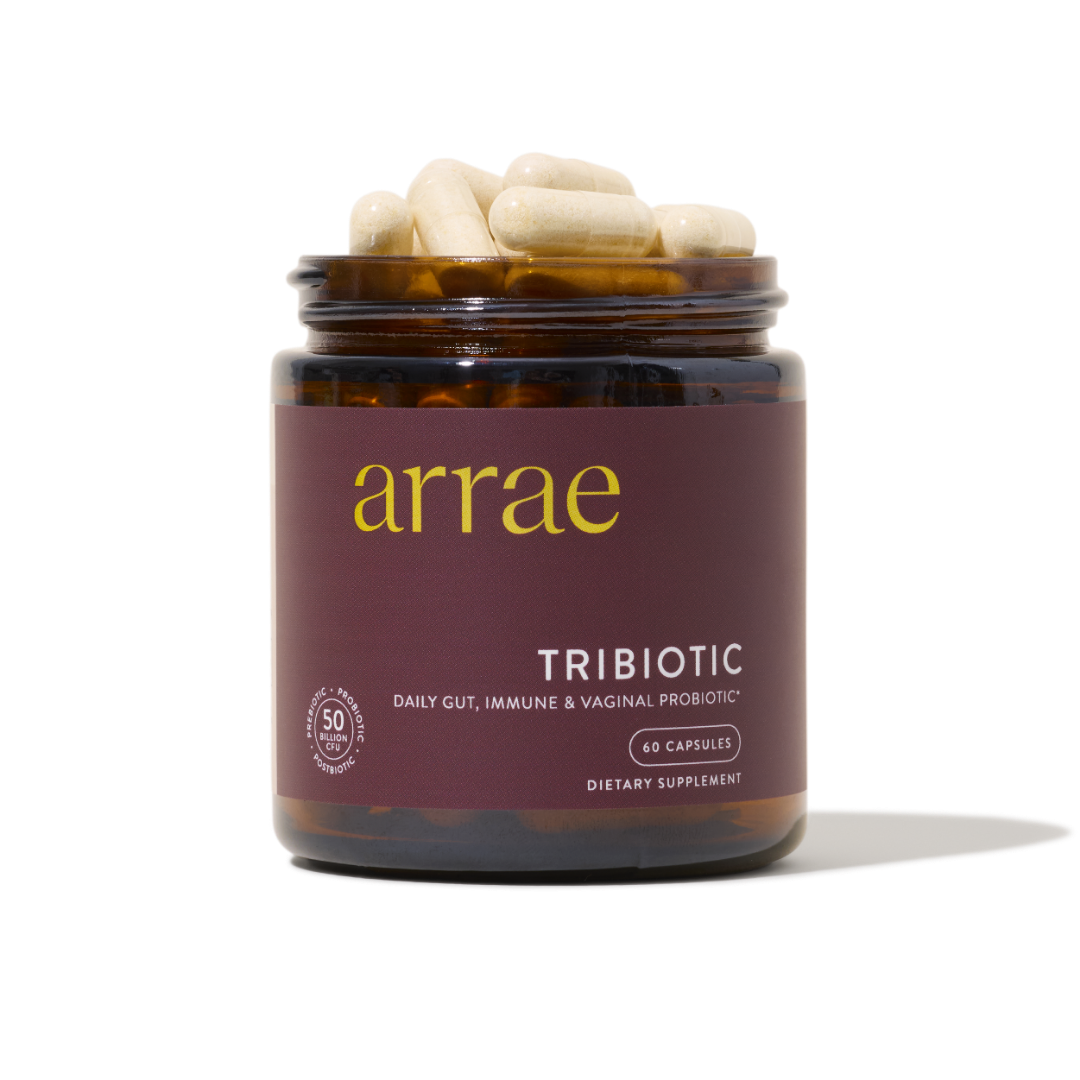
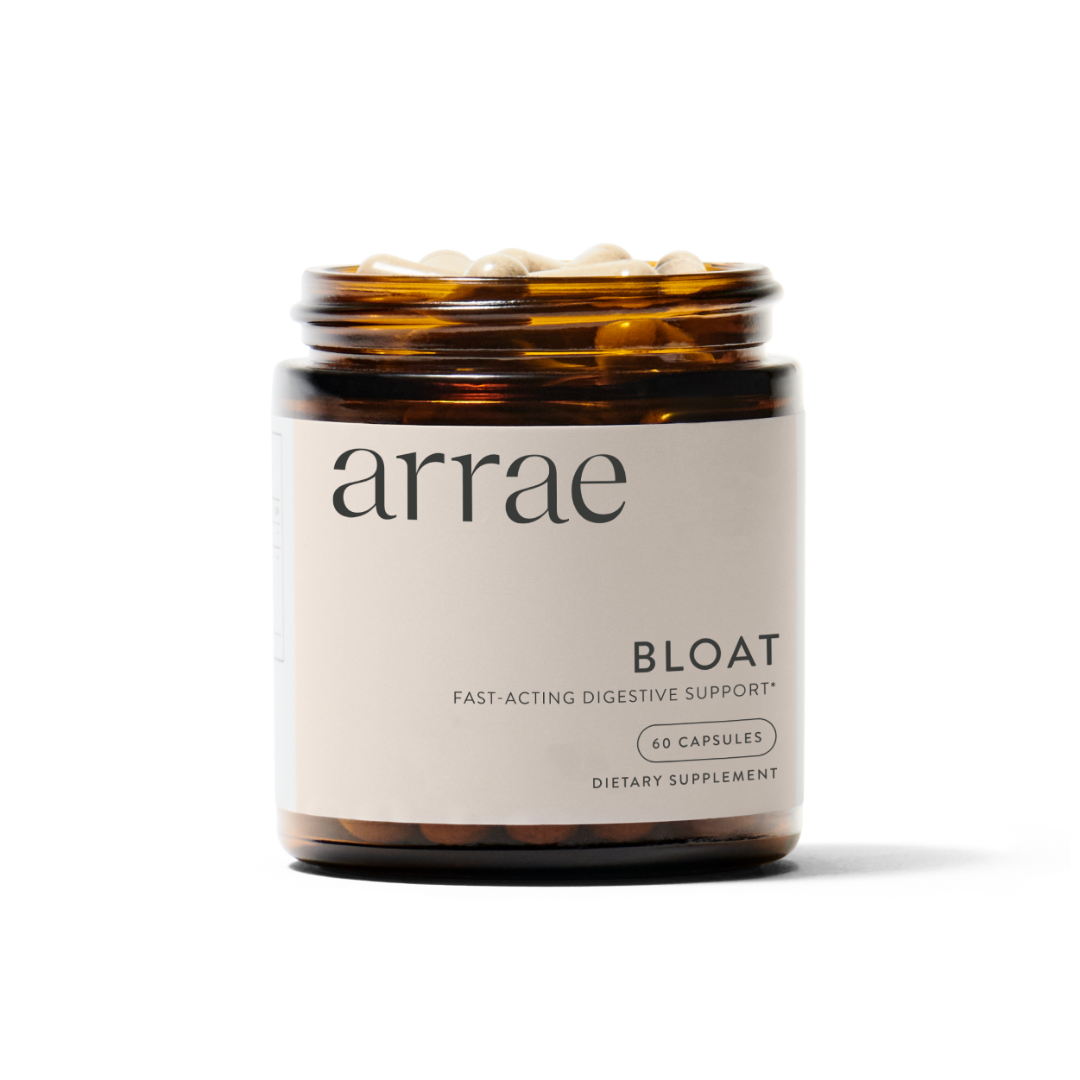
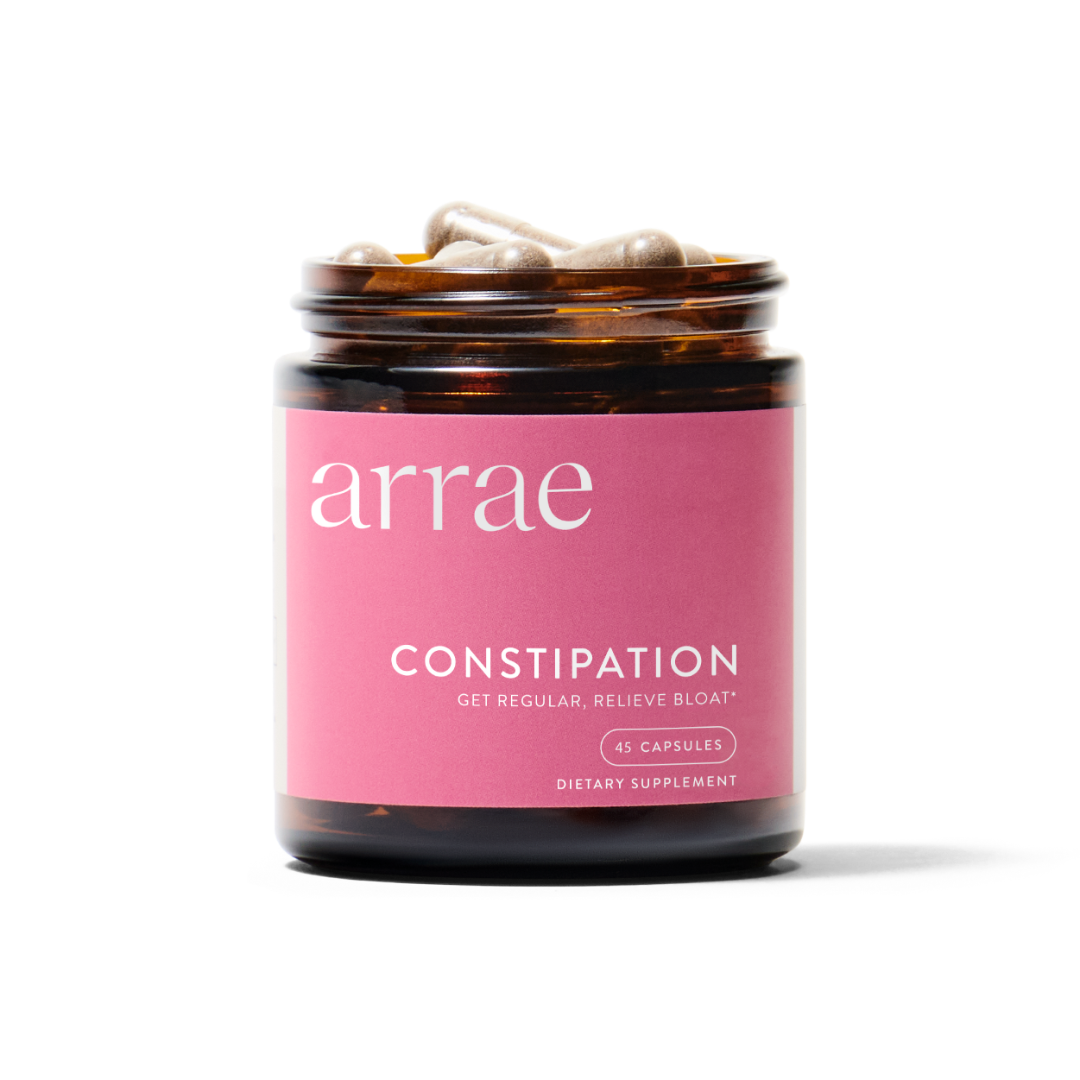

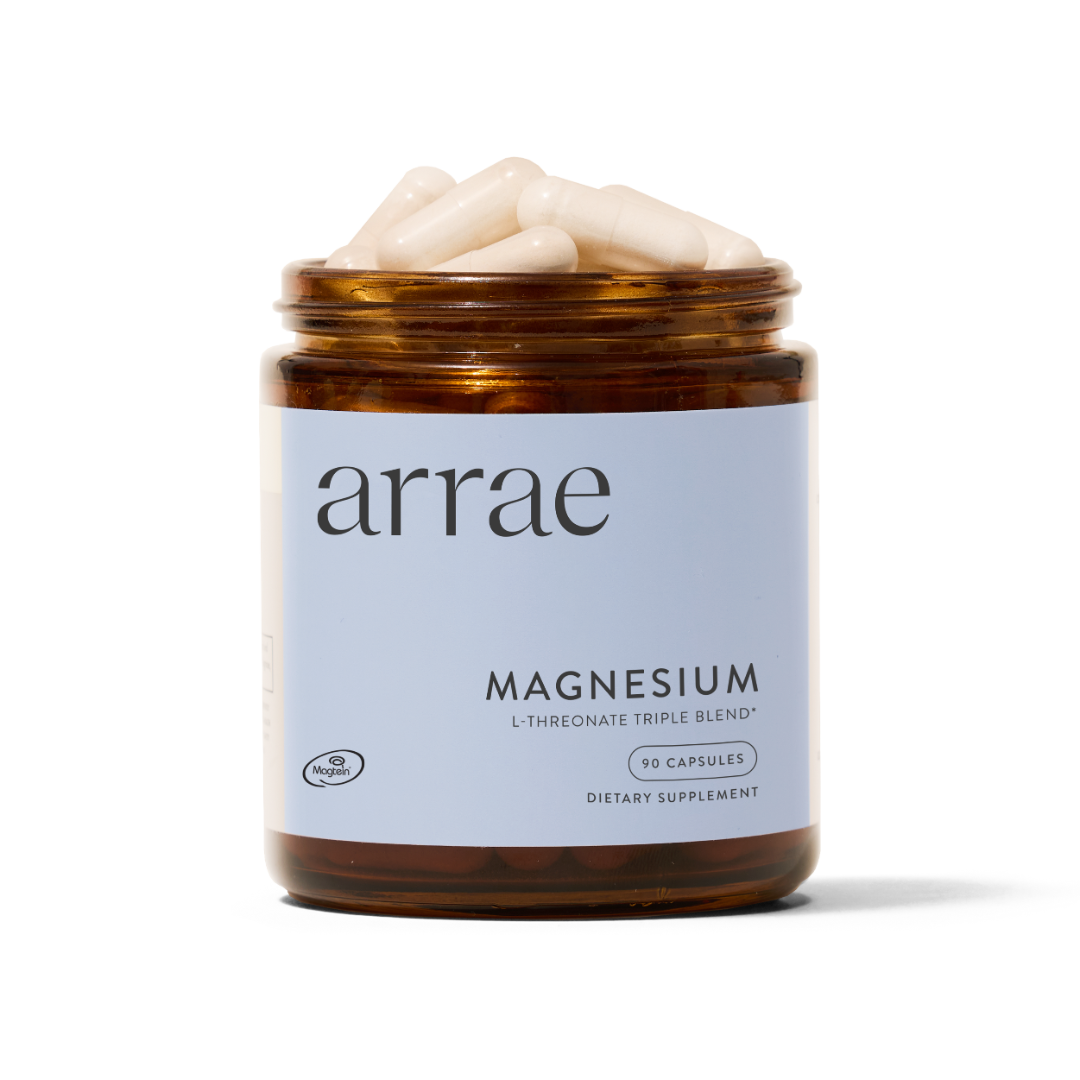
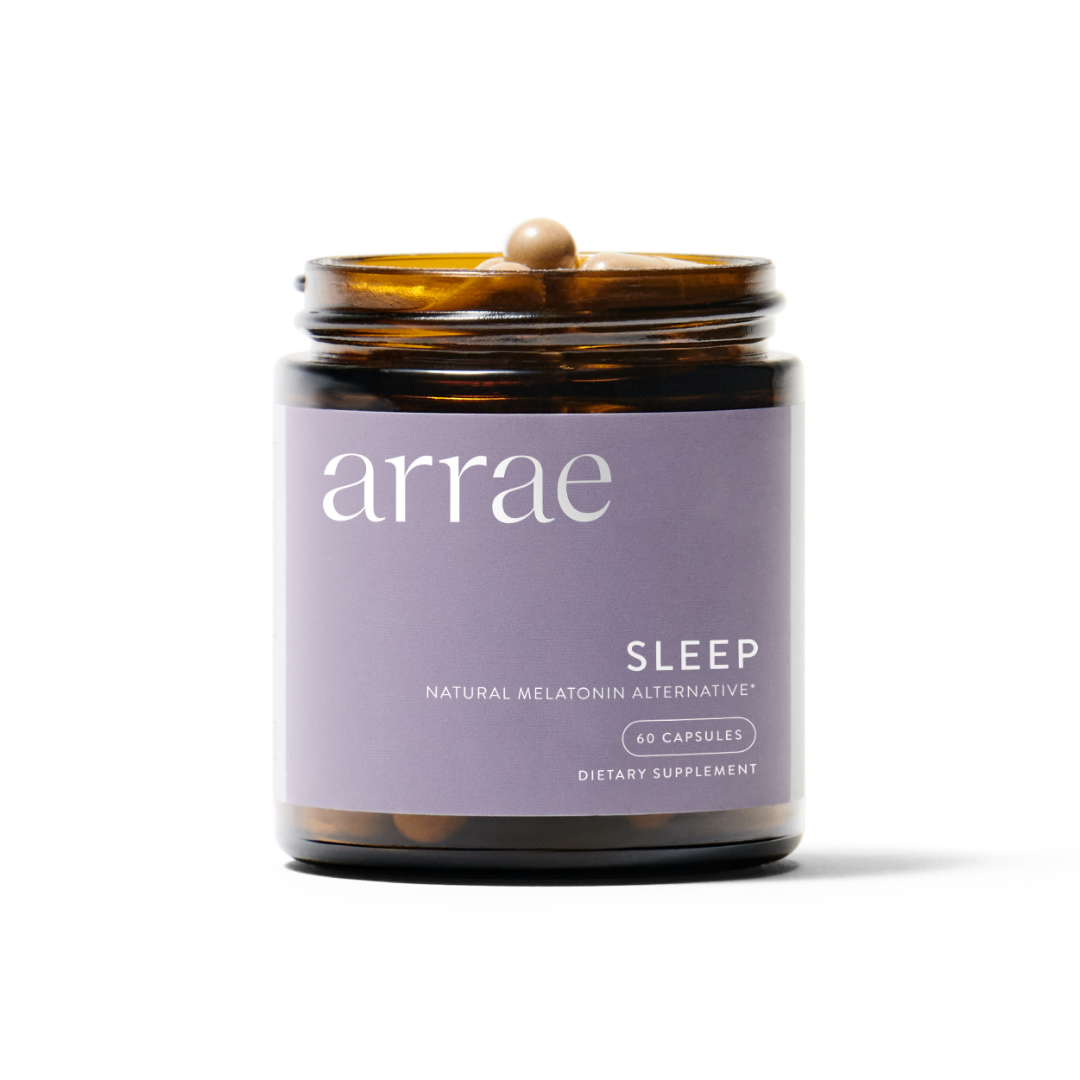
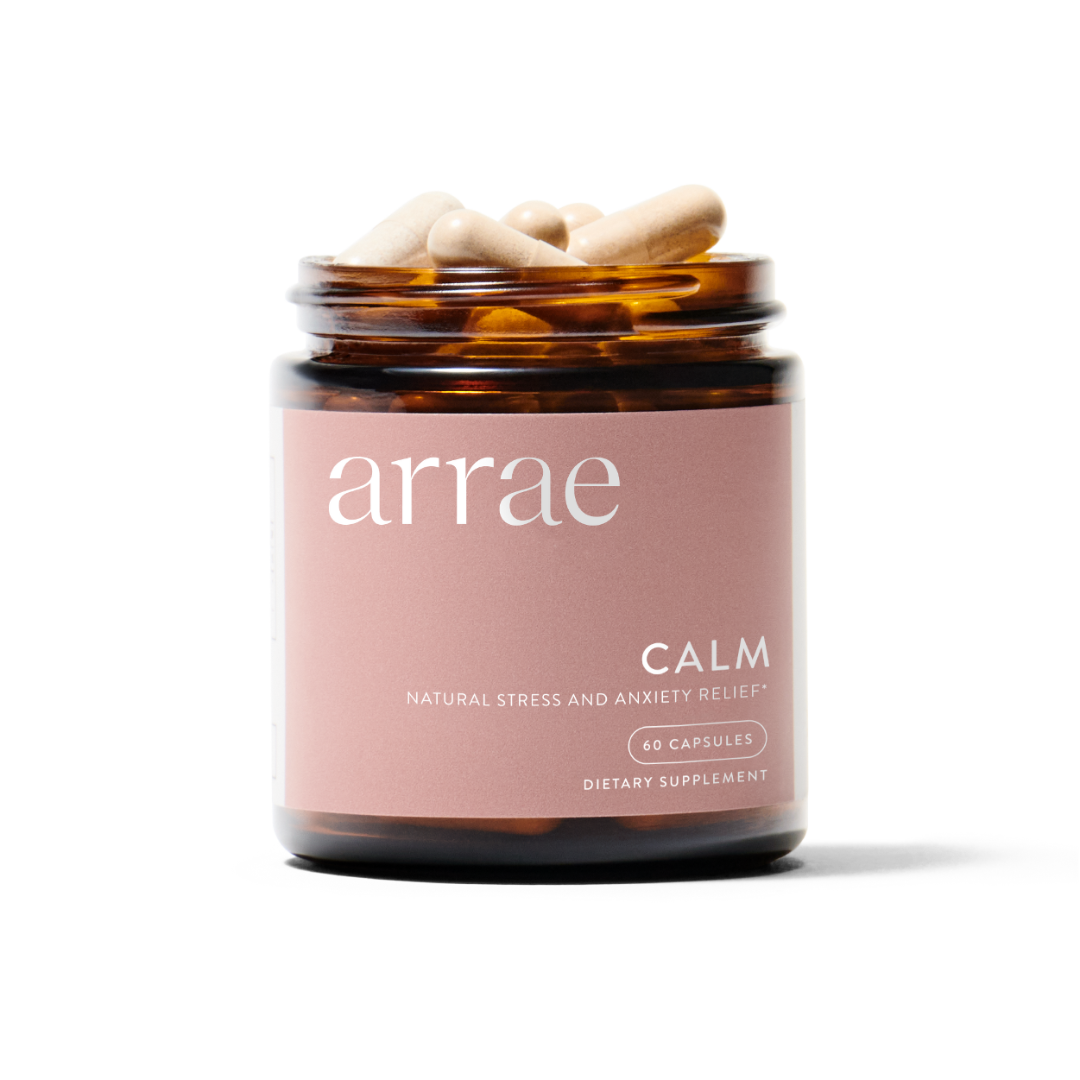
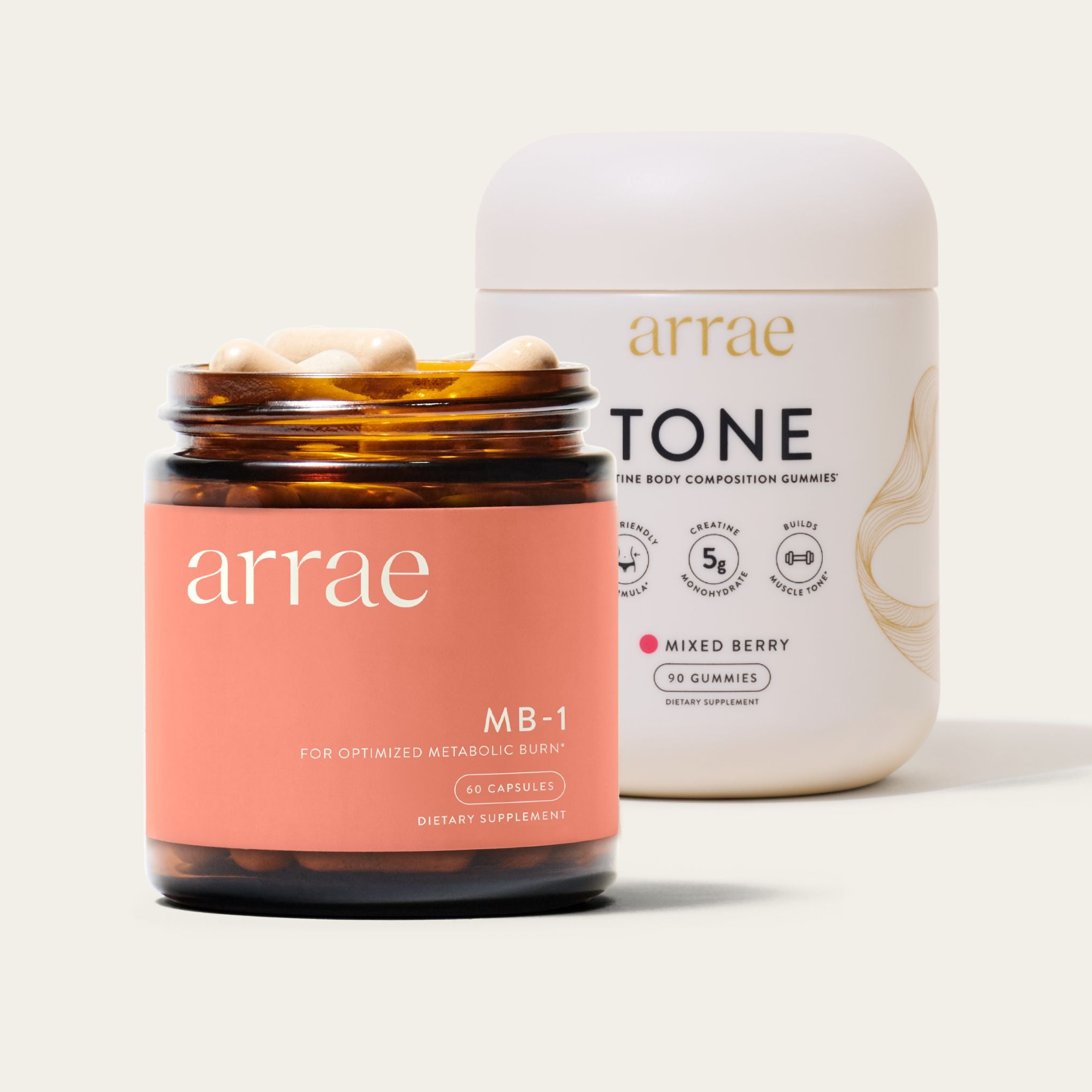
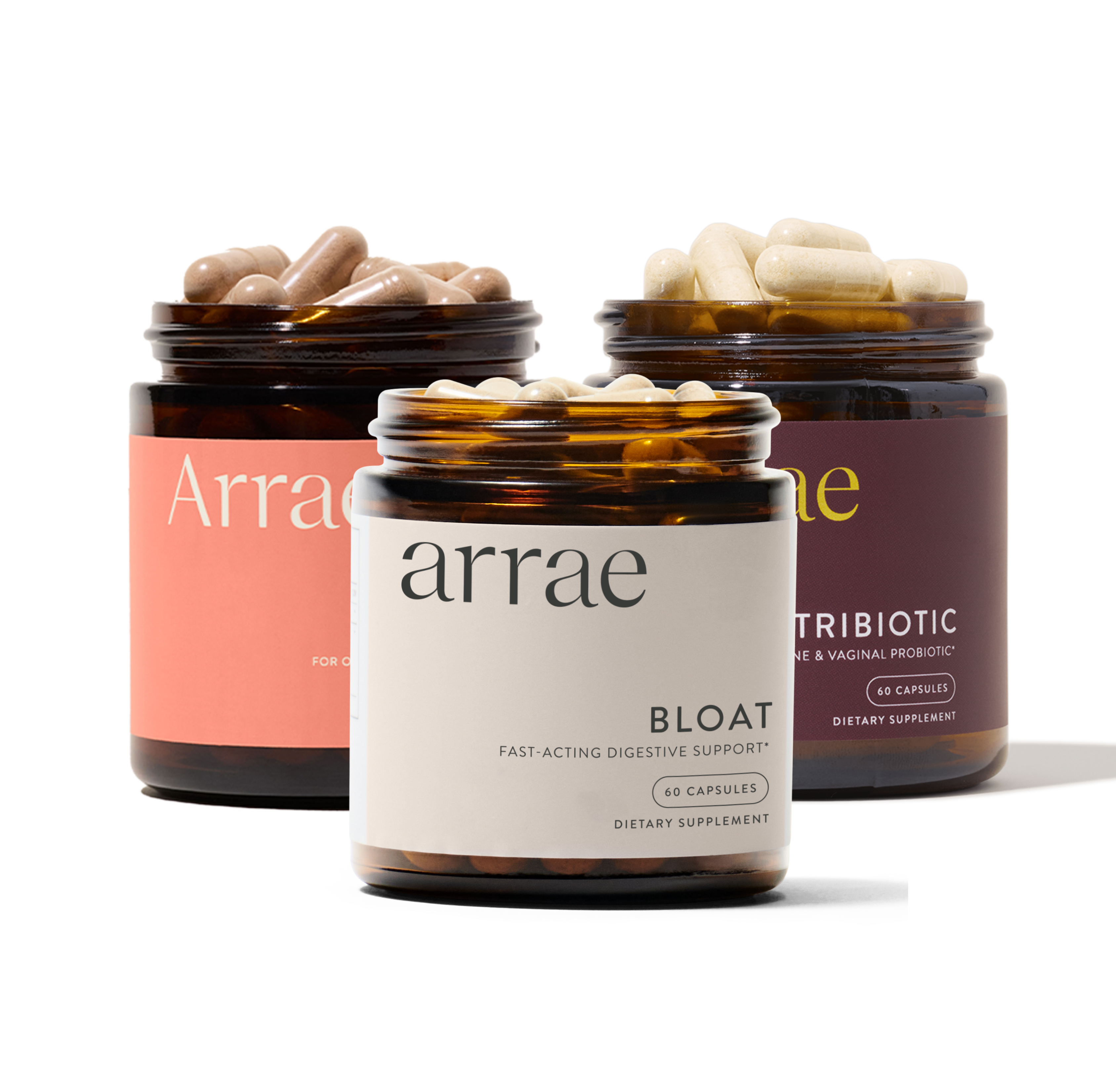
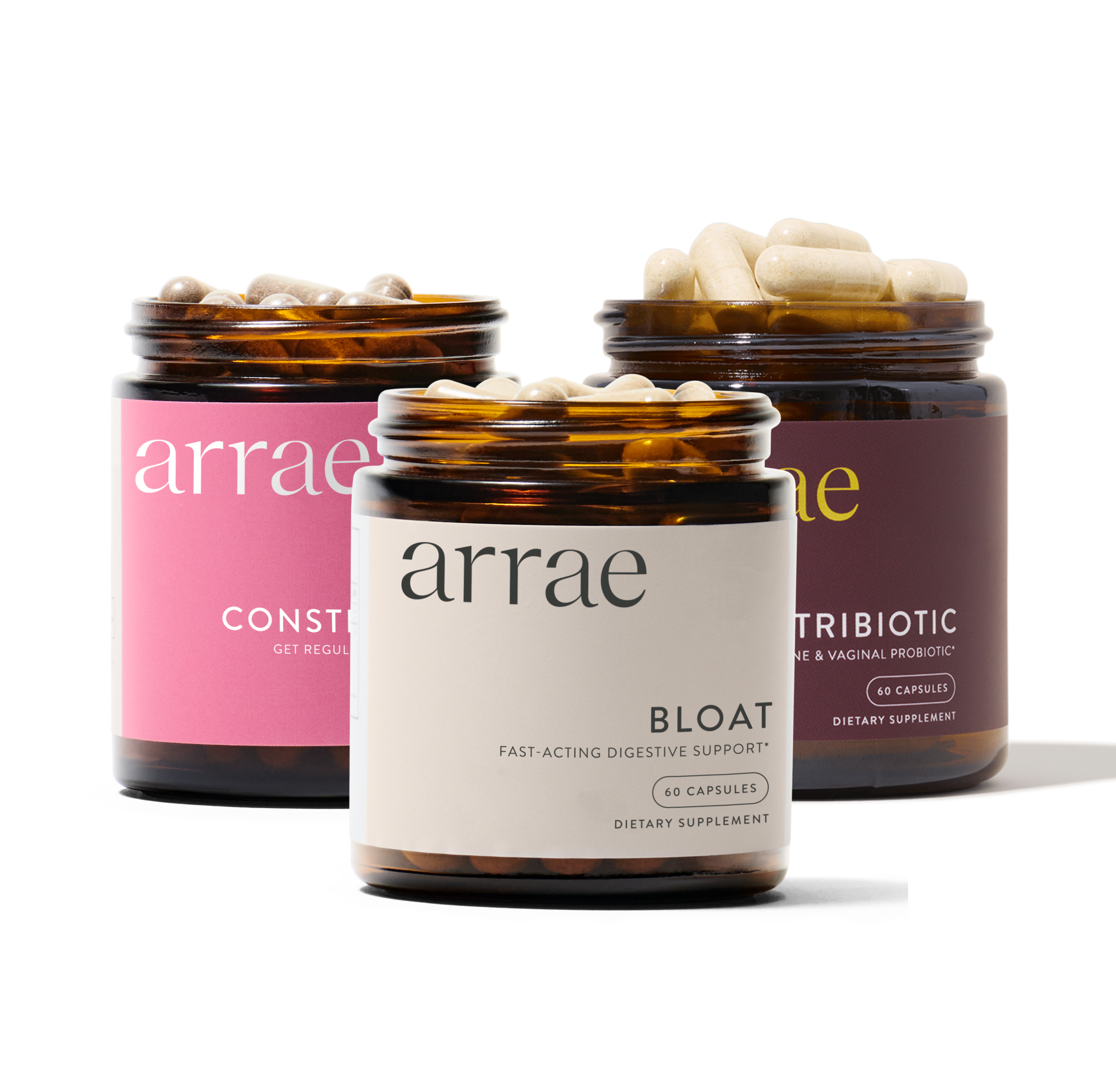






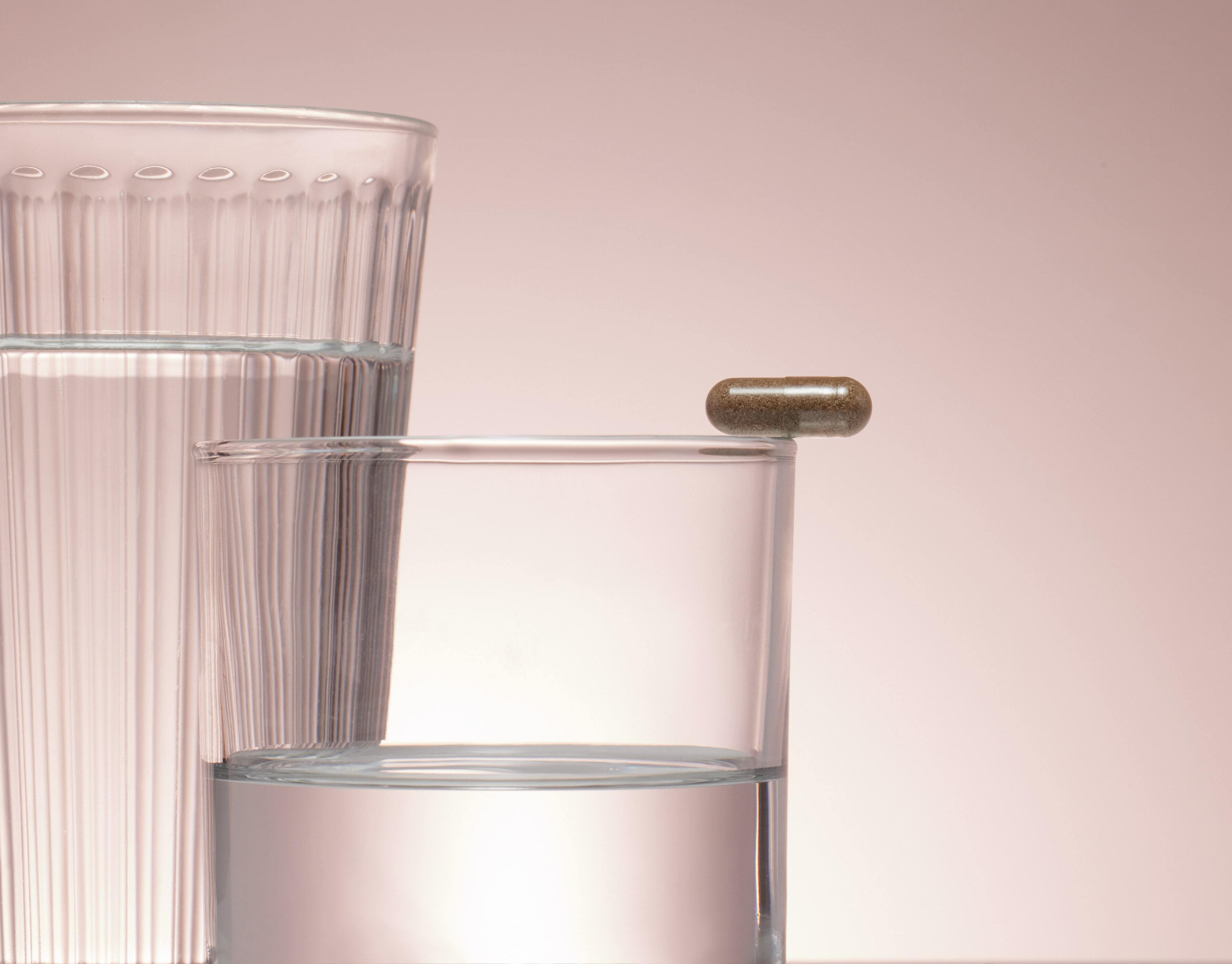

 Instagram
Instagram TikTok
TikTok Youtube
Youtube Facebook
Facebook Email
Email